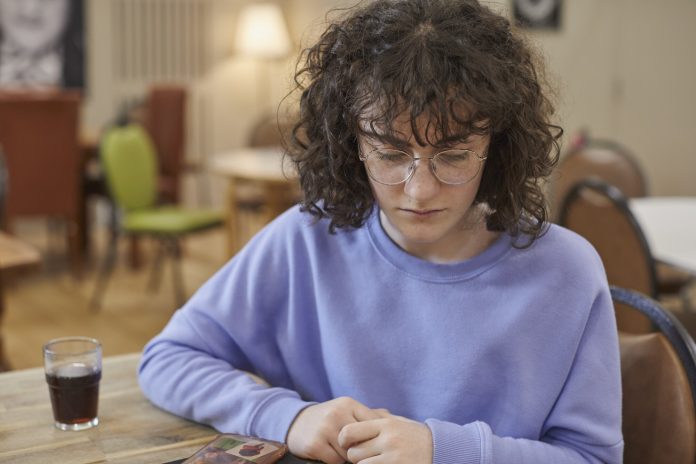From April 2021 to March 2022, Childline delivered 5,085 counselling sessions on eating and body image – up 6% from 4,787 in 2019/20.
Among these concerns, common themes that children mentioned include:
- Feeling self-conscious and having negative feelings about themselves including thinking they are fat, disgusting and ugly
- Controlling their eating to deal with mental health issues
- Counting calories
- Becoming obsessive over exercise
- Feeling worried about what others think of their eating habits
Childline is reminding all children that the service’s trained counsellors are here to support them and that they don’t have to cope alone.
Counsellors have also seen the number of under 11’s getting in touch for support more than double.
Between April 2021 and March 2022, 214 counselling sessions about eating or body image were delivered to children aged 11 and under compared to 89 for the previous year.
Childline believes one of the reasons children and teenagers are feeling low about their appearance is the increasing amount of time they spend online on social media, particularly since the start of the pandemic.
In a study looking at children’s media lives during the national COVID lockdown, Ofcom found that most children lacked structure and tended to fill their time with online activities. The study also notes that body conscious exercise content became popular amongst teenage girls during this time.
Over the past two years Childline’s trained counsellors have heard from an increasing number of children who feel negatively about their body image.
Some young people have told Childline’s counsellors that they feel insecure and self-conscious about their weight after seeing images of other people on social media platforms.
Others have said they feel influenced by trends that they see online including before and after body transformations and diet hacks.
Some have also said that they feel their life would be better and that they would have more friends if they looked like people they see on social media.
One girl aged 11 who spoke to Childline said: “I feel self-conscious about my body. My friends are skinny which makes me feel self-conscious. Social media makes me feel like I’m not like them. I don’t feel able to build up my confidence or love myself. Last year I felt suicidal, and my mum got me help through the doctor. She was supportive. I would like to love myself and be happier.”
Another girl, aged 17 said: “I feel like I’m getting issues with my eating, and I’d like some support. I’ve been counting calories and thinking a lot about nutrition over the last few months. I feel like I’ve been feeling worse since lockdown and watching things on social media showing before and after pics of weight loss. I love my family and they’re very supportive, but I haven’t talked to them about this as I don’t think they will believe me.”
Childline knows that many children will be spending an increased amount of time online, particularly on social media to stay in touch with their friends and for entertainment during the school holidays.
However, this means many children may be exposed to more content online that might make them feel negatively about their body image.
Childline wants to remind all children that the service’s trained counsellors are here to support them if this is an issue they are struggling with and that they don’t have to cope alone.
Alex Gray, Service Head of Childline said: “At Childline, we know that although social media has many benefits, it also has its downfalls and the content that is shared on these platforms can negatively impact the way some young people feel about their body image.
“Social media is sadly full of images and content that could make a child feel like they aren’t good enough or that they need to change their body to be accepted by others or feel happier in themselves.
“The use of features such as filters and body shaping tools can warp a child’s view of someone’s body and make them feel inadequate and they might not realise some images aren’t real.
“Trends such as dieting hacks can leave other children feeling like they need to change their eating habits which can lead to eating disorders.
“No child should feel like they have to change their body to fit in and it’s essential they remember that not everything they see online is real.
“If you know a child who is struggling, I’d encourage you to have an open conversation with them about how they are feeling.
“Show them how to mute social media accounts that make them feel bad about themselves and remind them that they aren’t alone and that there are people here to support them, including Childline.”
All children can speak to a trained counsellor over the phone, via email or on a 121 chat on the Childline website.
Children can also visit the website to find more advice on any concerns or questions they may have on body image and eating disorders and they can also use the service’s monitored message boards to get support from their peers.
